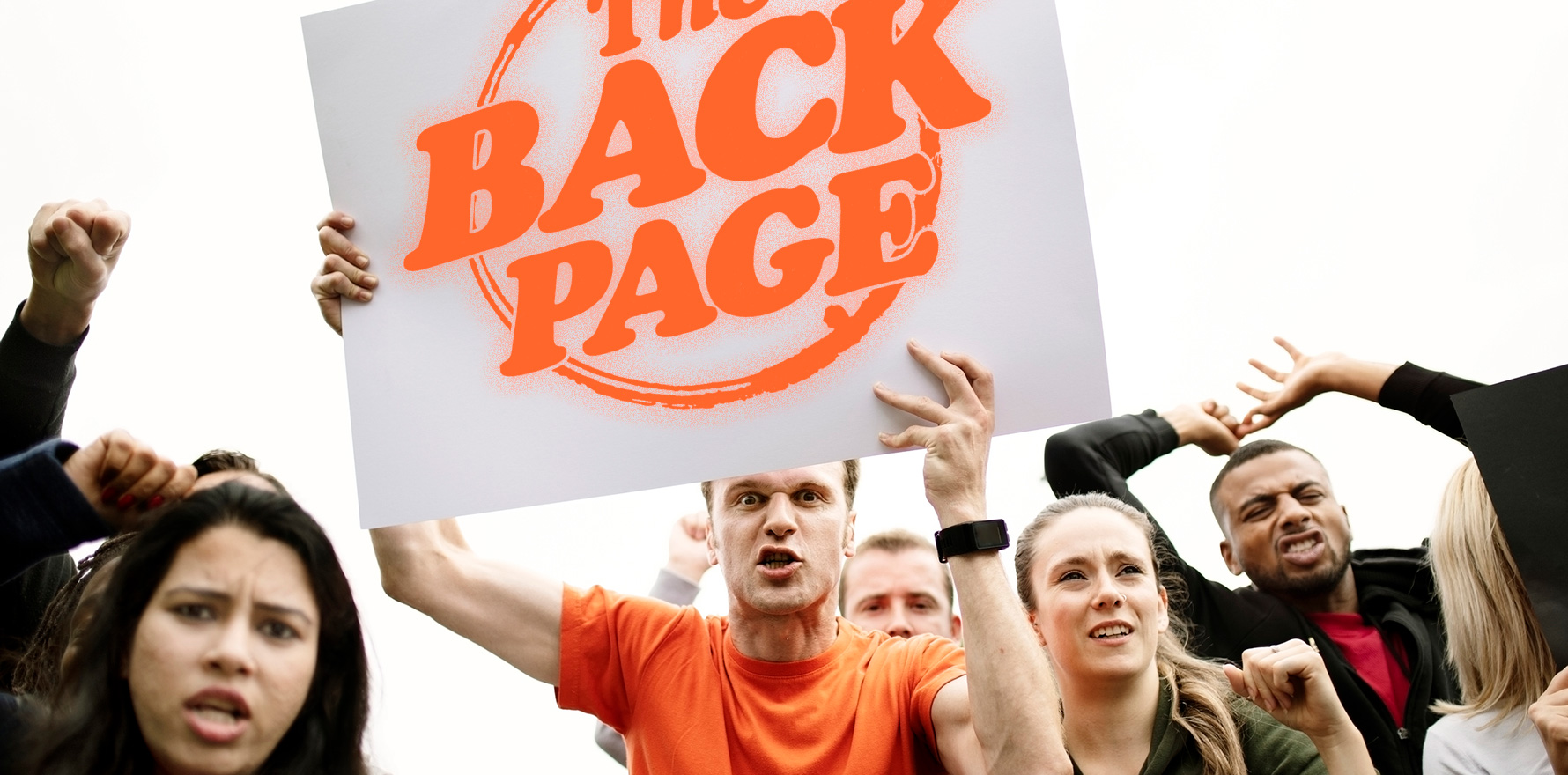Science discovers what every politician already knows.
Anger is not one of your Back Page scribe’s preferred emotional states.
It makes others unpleasant to be around, and experiencing it means something is wrong with your situation. Which is kind of the point.
Negative emotions are generally regarded as undesirable, but if it’s action and results you’re after – leaving ethics all the way out of it – rage is your friend, according to this new study out of Texas A&M University.
Working from a class of theories known as the functional accounts of emotion, researchers hypothesised that “anger would improve goal attainment in the presence of a challenge” – something they say is surprisingly under-evidenced.
They performed five experimental studies, mostly on groups of undergraduates (n ranging from 131 to nearly 300), some of whom they deliberately infuriated by showing them images calculated to, well, infuriate.
They gave them difficult puzzles to solve, tested whether they would cheat to win prizes, had them play Wii video games both challenging and easy and set them a sometimes-anger-inducing reaction time task.
Just as hypothesised, angry subjects did better on difficult anagram puzzles (but not on easier ones); were more likely to cheat (57% to 27%) to win prizes; did better on a harder physical video game (but not the easier one); and were faster in the reaction time test.
One study compared angry students to ones who had worked out physically for 10 minutes, who were told by the sadistic experimenters that their college tuition fees would increase by 20% next year and would they like to sign a petition against it? The angry ones signed at a rate of 89% compared with 69% who were only physically exercised.
A sixth study (n=989) assessed whether anger ahead of the 2016 and 2020 US presidential elections (i.e. expected anger if your non-preferred candidate won) predicted voting behaviour.
It did, even after controlling for fear. People enraged by the thought of the other guy winning were more likely to vote, and anger was higher among the voters.
(Anger did not predict which way people would vote. However, when they separated voters by candidate in the 2020 election, the anger-voting relationship held after controlling for fear among Biden voters, but not for Trump voters.)
It all makes a depressing amount of sense and accounts for why politics – especially in countries where voting is not only optional but is actively suppressed – is so utterly and irreparably cooked.
Can we get people angry about the way people make them angry and manipulate that anger to achieve their own goals and then manipulate that anger into votes against those people?
Send rage-inducing story tips to penny@medicalrepublic.com.au.


